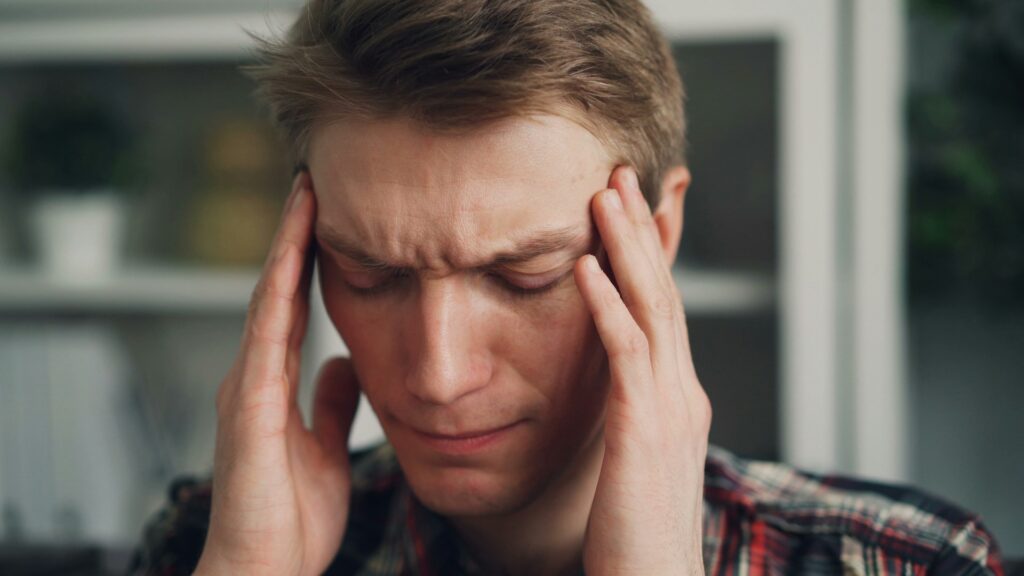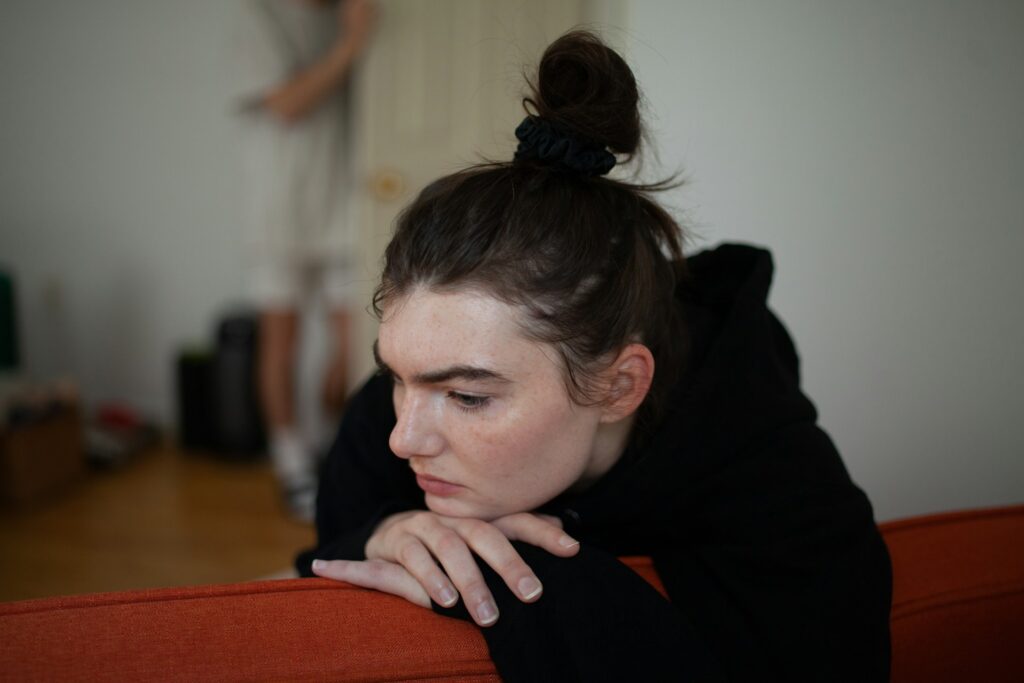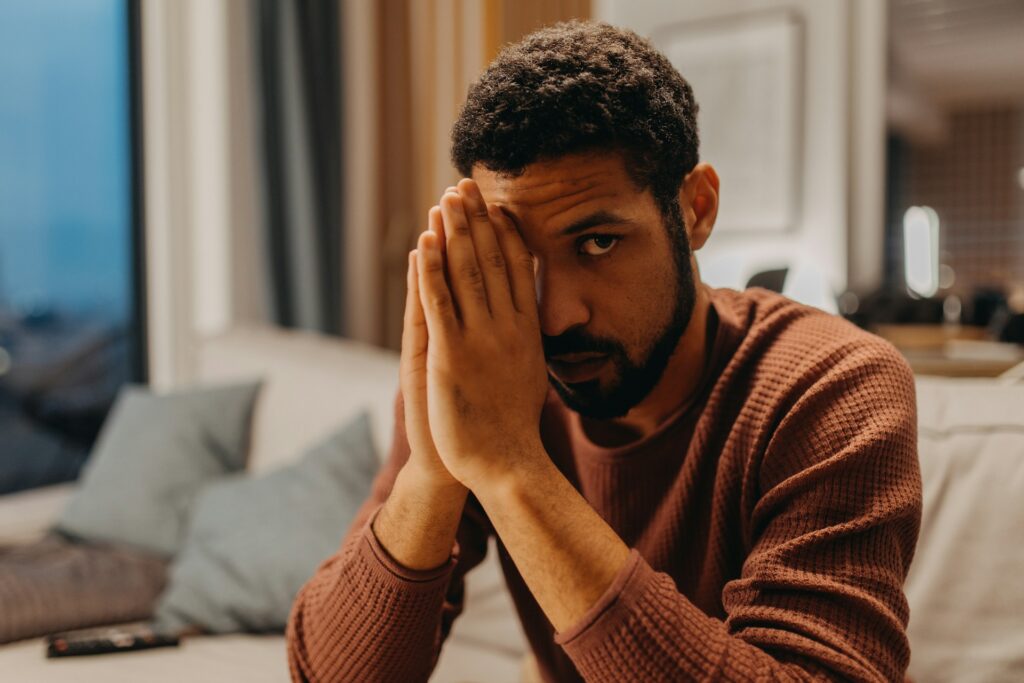We’re often taught to treat mental health and physical health like two separate systems—mind here, body there.

However, the truth is, they’re intertwined in ways we can’t afford to ignore. When we try to deal with one while neglecting the other, things start falling apart quietly. Stress shows up in stomach aches. Emotional pain turns into physical tension. And our bodies carry what our minds can’t process. Here’s why mental and physical health can’t be separated, and what tends to happen when we pretend they can be.
1. Stress doesn’t just stay in your head.

Chronic stress might start with racing thoughts, but it doesn’t stay there. It triggers real physical responses—tight muscles, headaches, shallow breathing, stomach issues. Your body feels your stress, even if you’re trying to power through it mentally. Ignoring stress as “just a mental thing” can lead to long-term physical issues. It’s not weakness, it’s biology—and your body deserves support when your mind is under pressure.
2. Anxiety messes with your nervous system.

When you’re anxious, your fight-or-flight system stays switched on for too long. That can throw off digestion, sleep, heart rate, and even immune function. It’s not just in your head—it’s your whole system being thrown out of rhythm. If you treat anxiety like something you should just think your way out of, you miss the very real toll it takes on your body. That delay in care often makes symptoms worse.
3. Depression drains physical energy.

It’s easy to mistake depression for laziness or low motivation, but it often shows up as deep fatigue, body aches, heaviness, and disrupted sleep. It’s not just sadness; it’s a physical shutdown. When people don’t realise this, they try to “push through” and end up burning out even more. Treating the body and the mind together creates a better path forward than guilt ever will.
4. Trauma is stored in the body.

Old emotional wounds don’t just fade; they settle into the nervous system. You might notice tight shoulders, a racing heart, or stomach pain even if your thoughts feel calm. That’s trauma memory being held in the body. Talking about it helps, but healing often requires the body too, through breath work, grounding, or physical movement that lets the body process what words can’t always reach.
5. Physical illness often affects your mood.

When your body’s struggling, it’s not just the symptoms you deal with—it’s the mental toll. Long-term pain, chronic illness, or even frequent fatigue can lead to anxiety, hopelessness, or isolation. People with physical health conditions often need mental health support too, but it gets overlooked because the focus stays on the visible symptoms. Whole health means both sides are cared for, not just one.
6. Sleep impacts both mental and physical health.

When you’re not sleeping well, everything gets harder. Your immune system weakens, your focus slips, and your emotions feel sharper or duller depending on the day. Sleep connects every system in your body, including your mind. If sleep issues are treated only as physical or only as psychological, you miss the full picture. Both need attention for anything to truly shift.
7. Movement supports mental health too.

Exercise isn’t just about fitness. Moving your body helps regulate mood, reduce anxiety, and process emotions. For some people, it’s one of the only times their mind gets quiet. When we view movement only through the lens of weight or appearance, we miss its deeper purpose. Physical action can be emotional release, and that matters just as much as reps or steps.
8. Diet affects how your brain functions.

Food isn’t just fuel for your body; it also impacts mood, clarity, and emotional regulation. Deficiencies in nutrients like B vitamins or omega-3s can definitely affect mental health in the long run. That doesn’t mean food is a magic fix. But when we treat mental health separately from what’s going on physically, we ignore foundational support systems that the brain depends on.
9. Emotional suppression often shows up as pain.

If you’ve spent years pushing down feelings, your body will usually find a way to speak up. That can look like tension headaches, tight jaws, stomach issues, or chronic fatigue. It’s not imagined—it’s an unresolved emotion taking physical shape. That doesn’t mean every ache is emotional, but it’s worth asking: what have I been holding in for too long? Sometimes treating the physical symptom starts by listening emotionally, not just treating it as a medical mystery.
10. Loneliness changes your biology.

Feeling disconnected can weaken your immune response, increase inflammation, and raise your risk for heart-related issues. Loneliness isn’t just psychological—it becomes a physical health risk as time goes on. Human connection is part of health. When mental well-being is seen as separate, things like community, belonging, and emotional closeness get dismissed. However, your body responds to those things as much as your heart does.
11. Shame affects healing more than we realise.

If you carry shame about your body, your needs, or your limits, it slows healing, both mentally and physically. Shame increases stress hormones, lowers motivation, and makes it harder to ask for help when you need it most. That’s why compassion and physical care go hand in hand. You can’t hate yourself into better health. Healing comes faster when you’re allowed to feel safe and seen, not just “treated.”
12. Medication can impact both sides of the equation.

Mental health medication affects your body. Physical health medication affects your mood. There’s no clear line between the two. How your body metabolises things, how you respond, and how your mind adjusts—none of it happens in isolation. That’s why it’s so important to view treatment holistically. What works for your body should also support your emotional well-being, not conflict with it or be treated as separate issues.
13. Burnout starts mentally, but shows up physically.

Emotional overwhelm eventually becomes physical shutdown. You might notice headaches, tension, exhaustion, brain fog, or even illness. Burnout doesn’t stay in your mind. It spills out everywhere. Treating the symptoms without addressing the mental weight doesn’t work. And treating the mental load without recognising the physical toll leaves the body behind. You need both addressed to fully recover.
14. Healing is a whole-body experience.

You can’t fully heal mentally if your body feels unsafe or ignored. And you can’t fully heal physically if your emotional pain is being overlooked. The systems are linked—what soothes one often helps the other. When we stop separating the two, we stop fighting ourselves. And in that space, real progress becomes possible—because you’re finally working with your whole self, not just half the picture.


